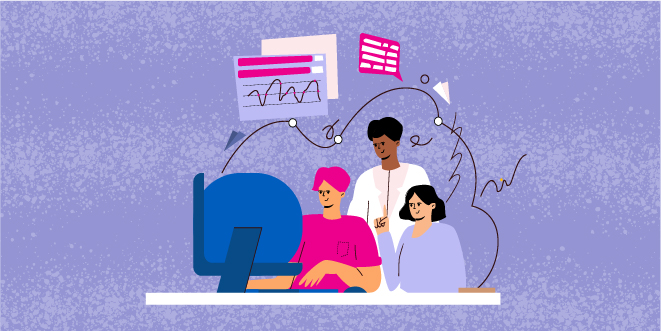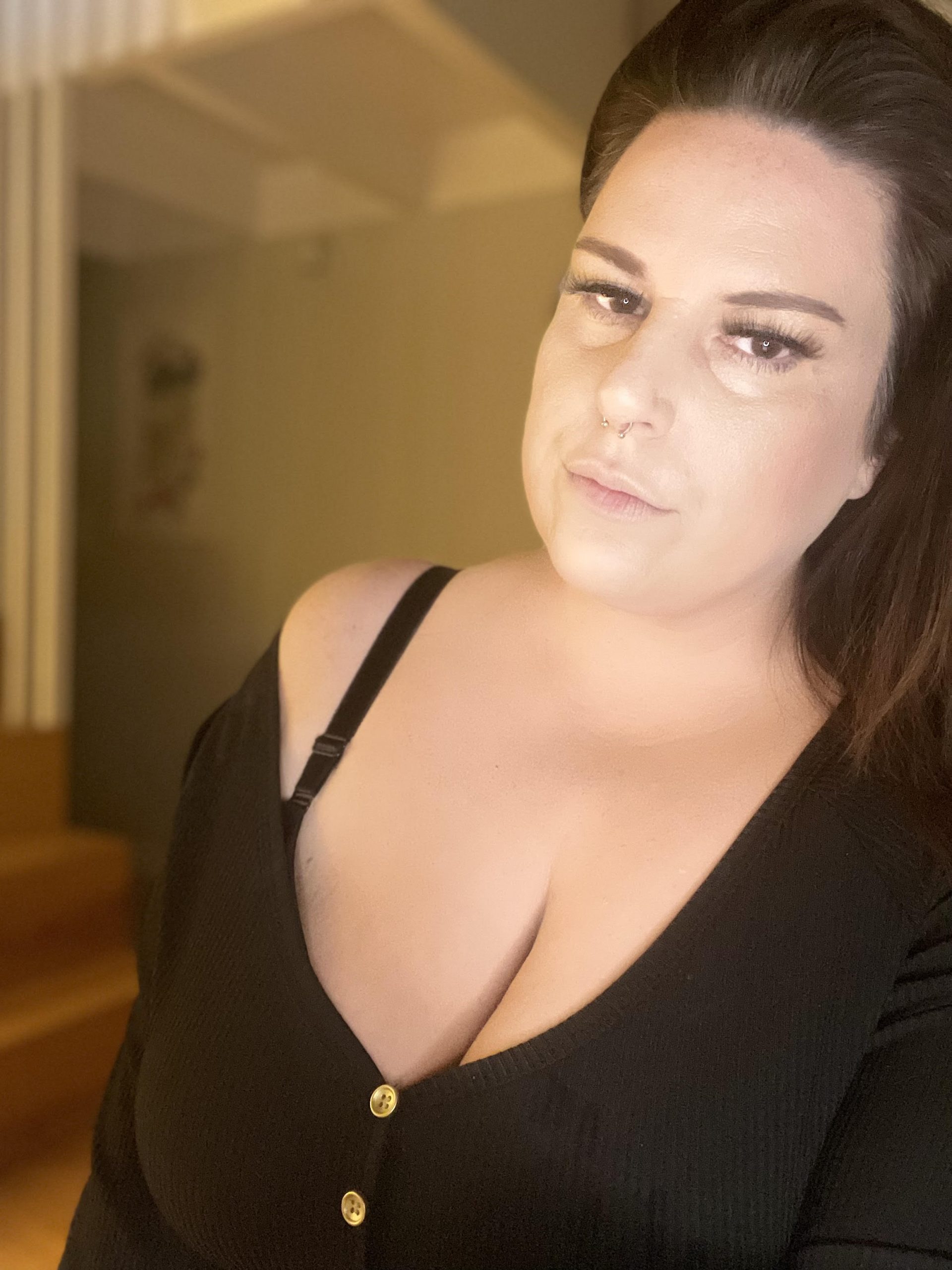Q&A for Donors from Prospective Parents

For many, having children is their biggest dream. Whether single, in a partnership, or long term relationship, children can be a sincere blessing for those who are ready to be a parent.
Unfortunately however, there are many reasons why some cannot conceive—sometimes because of no fault of their own. It is merely a sad state of affairs.
Luckily, there are options when it comes to having a child. And one of these options is finding a donor.
Today, we’ll give you a decent amount of questions for prospective parents who are looking for a donor.
These questions will hopefully give you some more insight and clarity. They’ll prompt inward introspection, and deep thought about the process, which may help you to decide if you’re ready for the process.
We’ll also look at questions that donor-conceived people may have for their parent(s), and other information for prospective parents looking for a donor, as well as a few recommendations for those looking at using a donor.
Looking for a Donor: 20 Questions to Ask Yourself
If you’re looking into finding a donor, here are some important questions to ask yourself:
- What are your beliefs about fertility and infertility?
- If you or your partner are infertile, have you grieved?
- Have you thought about how a person who has been conceived via a donor may be impacted?
- Do you feel okay about the fact that your child may not have any genetic links?
- Do you define family as a concept that includes DNA?
- How do you feel about you or your partner carrying a baby that is of someone unknown?
- Have you thought about, or do you worry about, how your family, friends, and society will view your decision on using a donor?
- Are there any financial concerns?
- What does your support system look like?
- Do you want to keep your infertility a secret?
- What is important to you when choosing a donor? Keep in mind that you may not know much about what they look like or what kind of person they are.
- What donor characteristics are important to you?
- What are your thoughts on possible medical issues that may be passed on to your future child?
- How do you feel about telling your family and friends about finding a donor?
- How do you think you’ll handle your future child’s curiosity when it comes to finding out about their genetic relatives?
- Do you understand that some secrets can be damaging to friends and family?
- Do you understand that there may be some legal and emotional issues that come with using a donor?
- How will you deal with people or strangers finding out about your donor process?
- Do you believe you’ll be able to connect with and love your child despite having used a donor?
- Have you thought that perhaps some information at fertility clinics may not be accurate, such as keeping records, regularly updating donor’s information etc.?
While these questions are important, there are still some other things to consider.
These are not solely about you, a prospective parent, but also about your future child—a child that may be inquisitive to know about their genetic background, and/or have many questions for you.
Questions Donor-Conceived People May Have for Their Parent(s)
Before embarking on the adventure of conceiving a child, remember that there are a lot of questions that aren’t just for the present.
You may be having a lot of emotions about the process, and that may lead you to want to focus only on the now. But this decision is not something to be taken lightly.
If you decide to disclose the fact that you used a donor to your child (and we highly recommend that you do), think about how they might react, and what kind of questions they may have for you.
All of the above simply leads us to one thing: that it’s important to educate yourself on what a donor-conceived child may need or experience before you create one.
A donor-conceived person should be able to feel as though they can comfortably ask you:
- About their origin story, from the beginning
- Any questions they may have about the process and experience, knowing that they’ll get an honest and open answer
- About their ancestry so that they can know where they came from
- About their genetic relatives, such as half siblings or their other biological parent
- About their medical history
- To respect their freedom to explore their genetic identity and connections
Other Information for Prospective Parents Looking for a Donor
As we’ve mentioned, whatever stage you’re in on your journey to finding a donor, the decision you make will affect you and your future child for a long time. We recommend:
- Making an educational and informative choice that’s been thoroughly researched and thought about.
- Talking to your partner, if you have one, and your support systems before any decision making. Having support is crucial during the process.
- Perhaps seeking out support groups for people who have been graced with a child through the donor process.
- Looking at success stories, testimonials, books, and advice from others who have created life using a donor.
- Being ready to have these candid and honest conversations, even before conception.
- Being transparent with your future child. The more your child sees you being transparent about their conception story, the more likely they will be to feel comfortable and confident to talk to you and others.
- It’s important to honour your child’s curiosity and desires to connect with their genetic relatives.
- If you’re open to getting to know your donor, you can ask your egg or sperm facility for this. It may help the parent(s) and the donor to establish contact and communicate throughout the process. It may be beneficial to define the relationship so that it benefits all involved.
- Checking out the Donor Sibling Registry, which is an online resource to educate, connect, and support donor families. Its core value is honesty, with the conviction that people have the fundamental right to information about their biological origins, identities, and relatives.
Fun fact: As of today, the Donor Sibling Registry platform has helped over 23,000 donor-conceived people connect with their half-siblings and/or their donors.
At the end of the day, having children is one of life’s greatest pleasures for those who yearn to be a parent. But if you’re going the donor route, it’s imperative that you think not only of the present, but also the future.
Take some time to really answer the deep questions and assess how your beliefs and attitudes will affect you, your friends, family, and your future child.
Everyone is unique, but ultimately, a donor conceived person deserves all right to learn about their biological history, and genetics.

Helena is a sex-positive South African writer who loves swimming in the ocean under the full moon and cheesy 90’s pop. She’s currently living her best life in Porto, Portugal after scouring different continents to find her happy place.


